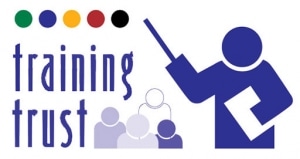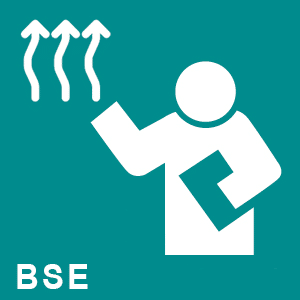The course covers the understanding and application of the following:
- Working safely
- Working sustainably
-
Planning and preparing
- Undertaking planned and reactive maintenance
Building Services Engineering makes buildings work. Service and Maintenance Engineers play a key role in planning and completing a range of maintenance work encompassing industrial and commercial building services engineering systems such as ventilating, heating, water supply, waste (effluent discharge) and drainage. This includes related electrical isolation, disconnection, reconnection and reactivation. They also complete planned preventative maintenance and undertake any required remedial repairs. In addition, they monitor and manage the operation of plant and equipment through building and energy management systems.
They ensure these systems continue to operate to their design specification. They undertake work with a high level of autonomy and require highly developed diagnostic skills, detailed knowledge of system operating principles and the ability to take responsibility for fault finding, fault diagnosis, repair and maintenance of systems, components and equipment found in industrial and commercial buildings like office blocks, shopping centres, hotels, factories, schools and hospitals.
Dealing with clients is an important aspect of Service and Maintenance Engineers work, to ensure maintenance activities are undertaken with minimum down time and impact on the buildings use.
They are able to demonstrate competence in the health and safety, communication, quality control and environmental requirements appropriate to their scope of work.
Service and Maintenance Engineers are able to work within occupied and unoccupied buildings and facilities on their own, proficiently and without supervision, in the most appropriate, efficient and economical manner. They must adhere to safe working practices without endangering themselves or others.
Course Content:
- Level 3
- Functional Skills Level 2 in English and Maths (if not already achieved)
- End point assessment comprising of a knowledge test, written scenario based project, practical observation & professional discussion
Length of Programme:
- 4 years

